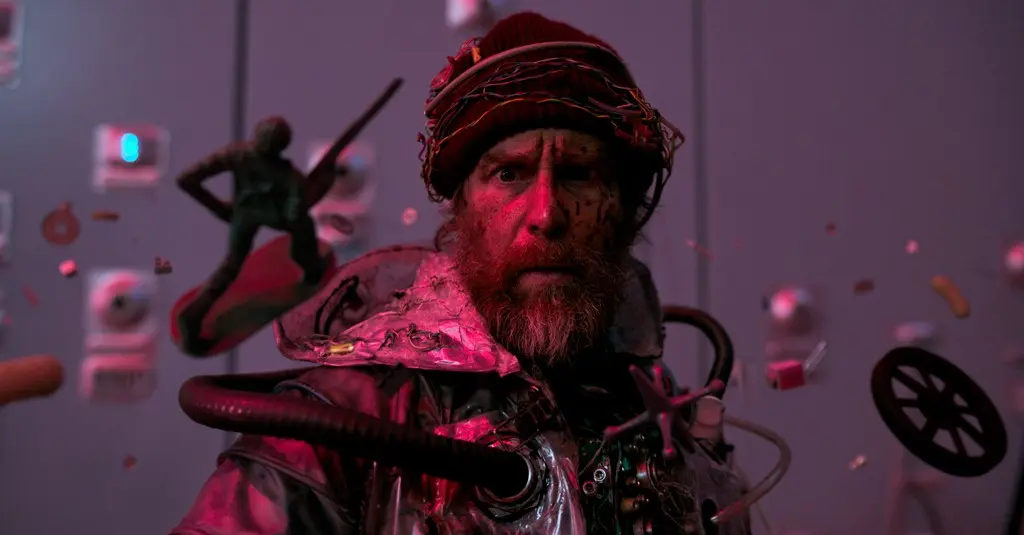R | 2h 2min | Drama, Historical, War | Dec. 15, 1989 (USA)As unlikely a candidate to direct a historical war movie as any, Edward Zwick’s only previous feature film was the innocuous romantic comedy “About Last Night.” Made while Zwick was still the producer and show-runner for the popular but lightweight TV series “thirtysomething,” “Glory” proved he had what it took to deliver something far deeper than middle-brow fluff.
Based on the novels “One Gallant Rush” by Peter Burchard and “Lay This Laurel” by Lincoln Kirstein, the screenplay by actor Kevin Jarre (“Tombstone”) largely adheres to the war-film blueprint. The soldiers start out butting heads, bond after battle, share a moral code, recognize God as an ally, and believe in the need of sacrifice for a greater good. To Jarre and Zwick’s credit, there is familiarity without the air of cliché, relate-ability absent of recycling or rehash and sentiment devoid of maudlin hokum.





